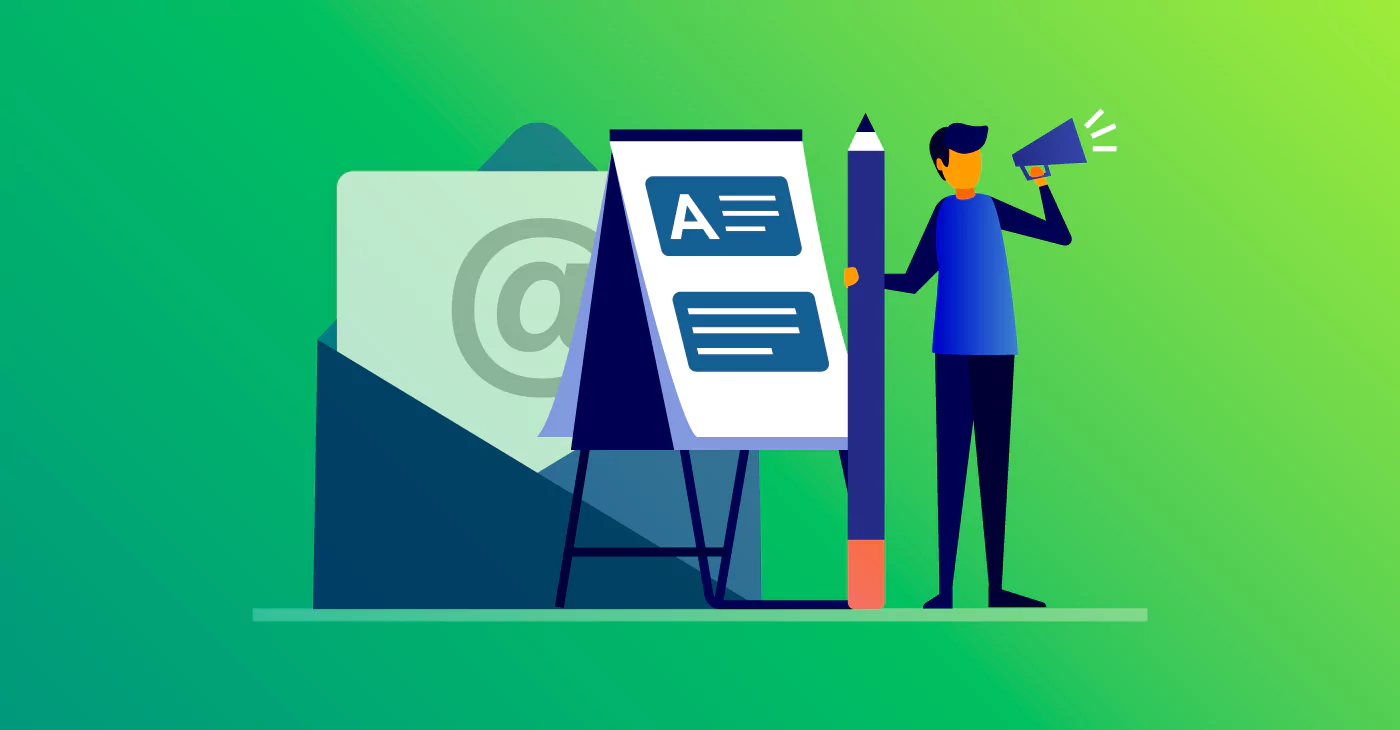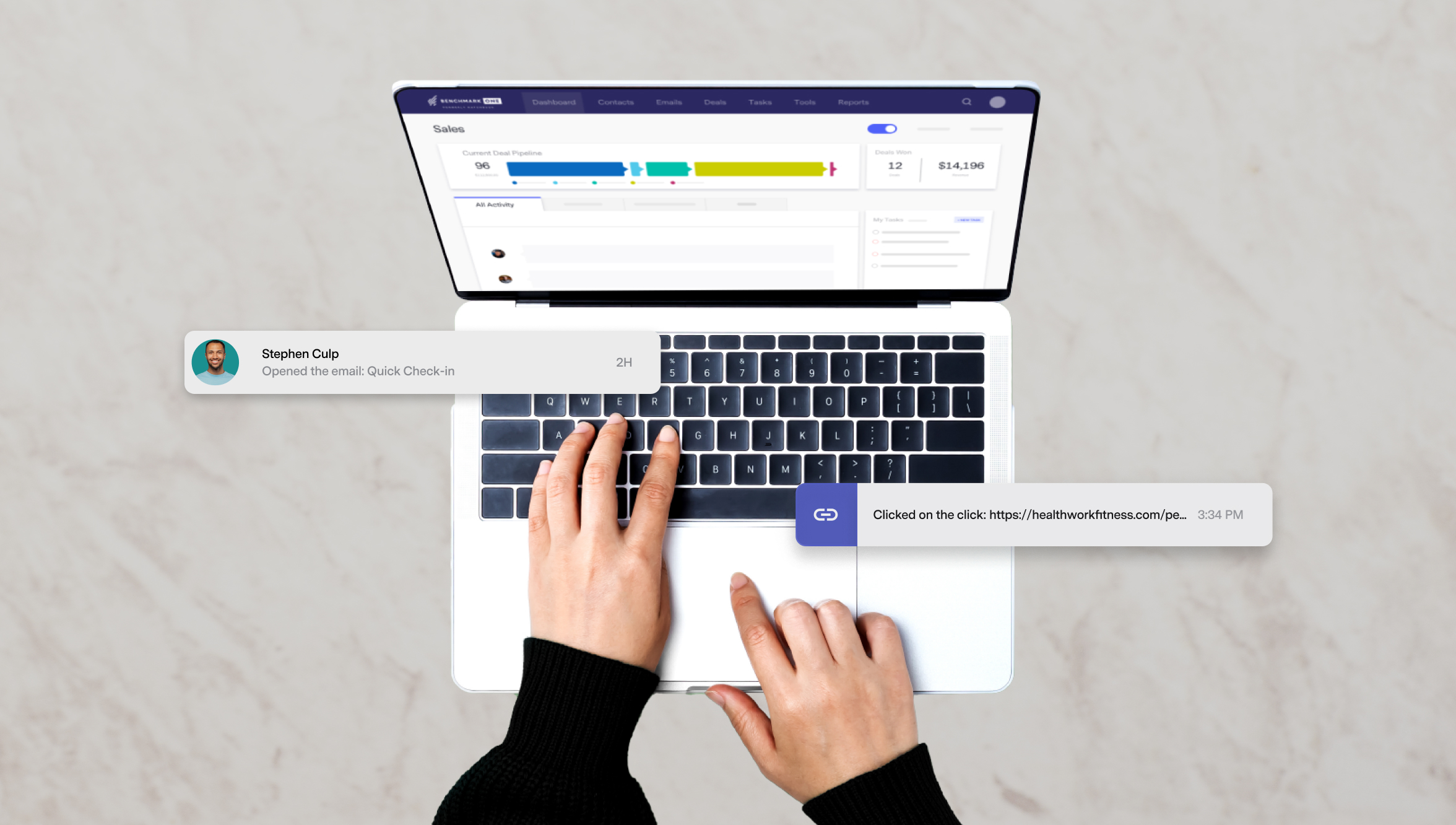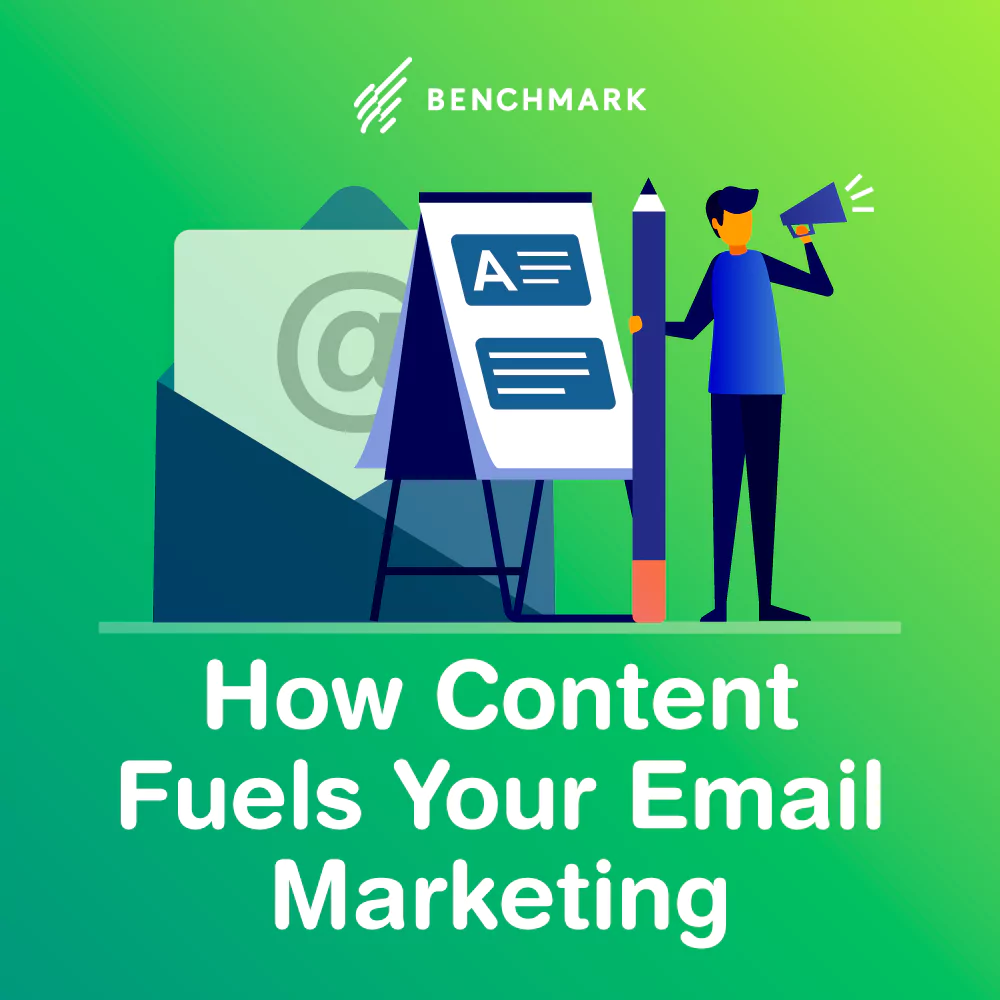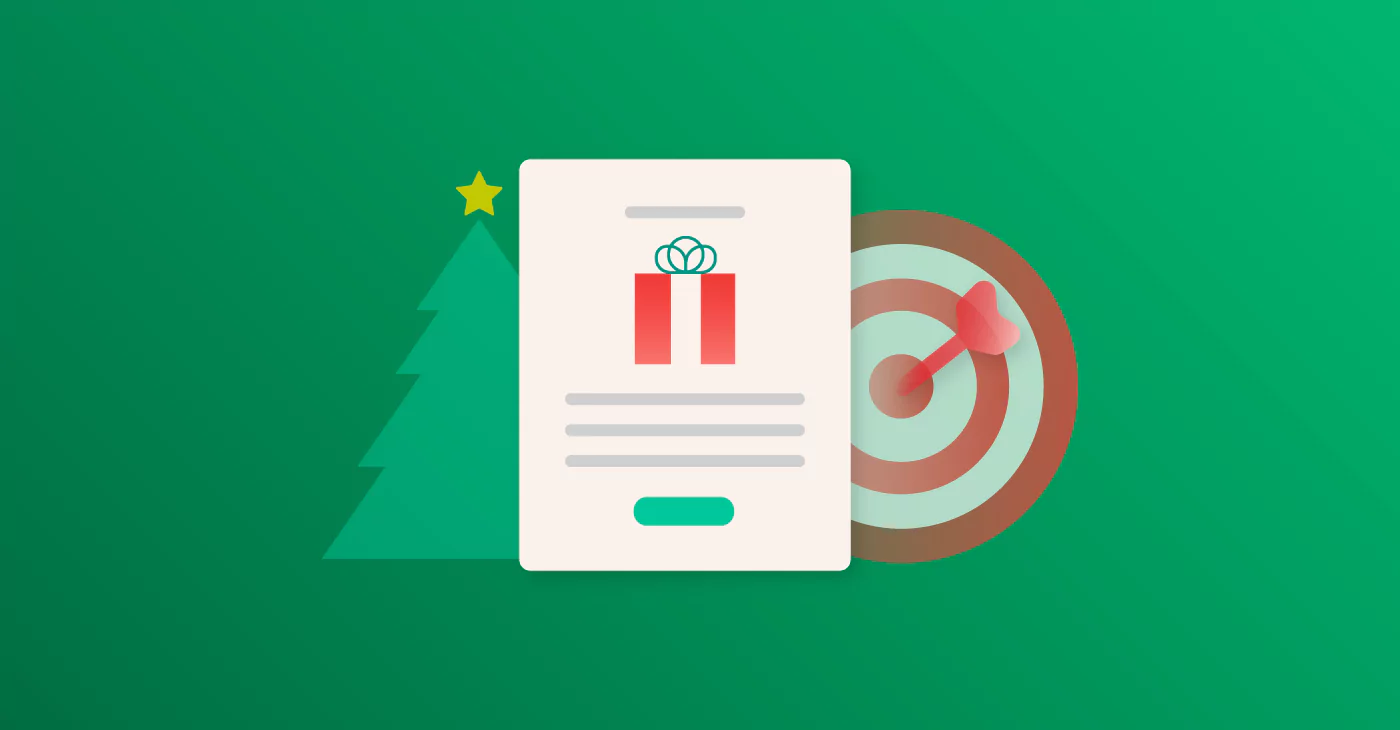
It’s the classic question: which came first, the content or the marketing? Some may say that you can’t have a successful email marketing strategy without first creating the content that will sustain it. And while it’s really up to your team, process, and goals to determine how you go about prioritizing one over the other, it’s undeniable that content plays a significant role in shaping your email marketing plan — and its performance.
Email marketing content often gets short shrift. There’s a tendency to undervalue the importance of email copy, or at least to give it a bit less care and oversight than something like a blog or white paper (though, as you’ll see, there’s a lot of overlap between these various content strategies). And while it’s undoubtedly true that emails usually differ from other content formats in terms of tone, the stakes are just as high.
In this post, we’ll go over the importance of email marketing for your inbound marketing strategy and how good content is the fuel that keeps it healthy.
Effective Email Marketing Starts With Strategy
Any Google search will tell you email marketing is about more than just letting subscribers know what you’re selling. Your strategy needs different types of emails, substance, variety, and engaging content.
When you put together a strategy with those three elements at the forefront, you’ll build beneficial brand awareness, stay top of mind with your prospects, and, most importantly, engage, nurture, and convert. But again, your approach is crucial.
When you craft the content you’ll be using in your email campaigns, you have to know what your audience craves. Knowing what they’re questions are, who they report to, what they don’t understand, and why they may want to use your services will help you create content that they can use and benefit from. It also ensures you’re personalizing your approach, which will ultimately move your leads through the customer journey.
So, when putting together your email strategy, keep content at the heart of it. Include not just what you want to achieve with prospects at each stage, but exactly how you’re going to use your content to get there.
Content and Email Drip Campaigns
Email drip campaigns are the epitome of personalized, educational outreach. Content for these campaigns depends on who the recipients of the message are and where they are in the buyer’s journey.
Prospects at the top of the funnel who are engaging with you for the first time will require more basic content that describes what it is your company does. Content like welcome emails and basics on your industry and services will service your leads at this stage best. Meanwhile, prospects further down the funnel will benefit from in-depth content that answers their need-to-know questions, content that differentiates you from your competitors, and shows what it’s like to work with you.
Content and Email Newsletters
No one is going out of their way to do a Google search to see what your company is up to. To stay top of mind with prospects and continue to spread your brand’s thought leadership, you should keep them in the know on relevant news about your company and any content that you’ve recently published. Your blog content is great for email newsletters because it’s continuously updated and shows your leads that you’ve got a lot of knowledge to share.
With that said, vary the types of content you share in your newsletters. Linking to blog posts is great, but you’ll also want to diversify by including videos, images, user-generated content, and surveys to keep your email newsletters interesting and engaging.
Content and Promo Emails
Content is necessary for your promotional emails because it’s what you’re promoting. You want compelling and highly informative content to be what drives your promotion, and you want to make sure you do whatever you can to create excitement around it.
A new guide, a long-form piece of content that’s gated, or a webinar are just some examples of content to promote. The reason being, these are all pieces of content you’ll want to see the most downloads or sign-ups from, so a dedicated eblast will be that extra necessary push.
By bringing together informative and actionable copy and compelling visuals, your promo emails will get more eyes on the content you’re promoting and inspire more people to act. An a/b test should be part of your process as well. An a/b test is when you switch up your content for a portion of the people receiving your emails. This help yous see kinds of copy encourage the most actions. And, as always, make sure that the content you are promoting applies to the people you’re sending it. For example, if you’re hosting a webinar on how agencies can prioritize content marketing, send your promos to your segmented agency list. It’s just another way of personalizing your approach and ensuring you have a higher success rate.
Content truly is the fuel for your email marketing tactics. If you plan your email marketing with a clear understanding of what content you’ll need and how you’ll be using it, you’re sure to delight your subscribers and see better results from your efforts.







